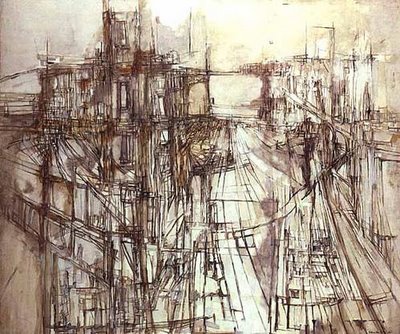Conclusions of the International Conference “Independence of Judiciary and challenges of transitions”
Judges’ Association of Serbia along with the Prosecutors’ Association of Serbia was the hosts of an International Conference “Independence of Judiciary and Challenges of the Transitions”, held on Saturday, June 2, 2007 in the Palace of Justice in Belgrade.
The Conference was attended by over 120 participants, representatives of the professional associations of judges and prosecutors from Serbia, Bosnia and Herzegovina, Croatia, Montenegro, Slovenia, Republic of Srpska, Macedonia, Romania and Bulgaria, as well as from Greece, Italy, Cyprus, Germany, Poland, Portugal, France, Czech Republic and Spain, whose judges’ and prosecutors’ associations are members of MEDEL (European association of judges and prosecutors). Council of Europe experts also took part in the Conference.
Through the exchange of experiences, participants noticed almost identical or similar problems concerning the independence of judiciary, both in the countries that are currently in transition or have recently gone through it, as well as in the countries of so called “old democracies”. They concluded that, for the sake of realization of the citizens’ right to a fair trial, problems of the judiciary should substantially be resolved:
- by conducting a radical and comprehensive change of the judicial system, rather than by merely replacing the current judges and prosecutors,
- by establishing strong guarantees of independence and autonomy of the High Court Council and State Council of Prosecutors, through designing of a legal framework for election of their members among the judges and prosecutors and based on their colleagues’ proposals, as well as through creating preconditions for their work, including adequate budget, appropriate spatial and technical working conditions and sufficient number of employees in their supporting services,
- by establishing relevant comparable criteria of competence, qualification and worthiness of the candidates judges/prosecutors, as well as developing the objective criteria for continuous evaluation of their work, that should be the only basis for judges’/prosecutors’ promotion, responsibility and dismissal,
- by training (initial and continuous) of the judges and prosecutors, which should be considered not only as their right but also as an obligation, in order to master theoretical and practical knowledge and skills, aiming to a broadminded, professional and independent performing of duties, in an adequate and efficient manner, under the supervision of the High Court Council, i.e. State Council of Prosecutors,
- by establishing of the system of disciplinary responsibility of the judges and prosecutors, which should be counterbalance and guarantee of their independence.
Belgrade, June 2007.
Madrid, 27 et 28 mars 2009
Peut-on juger l’histoire?
Les interventions et les débats (ES)
Ouvrage : Des procès pour la mémoire (Denis Salas et Jean-Paul Jean) ed. Autrement.
Vidéo : Droit à la vérité et justice de transition en Amérique latine :Mireille Delmas-Marty, Louis Joinet, Emmanuel Decaux
Droit à la vérité et justice de transition dans… par College-de-France


